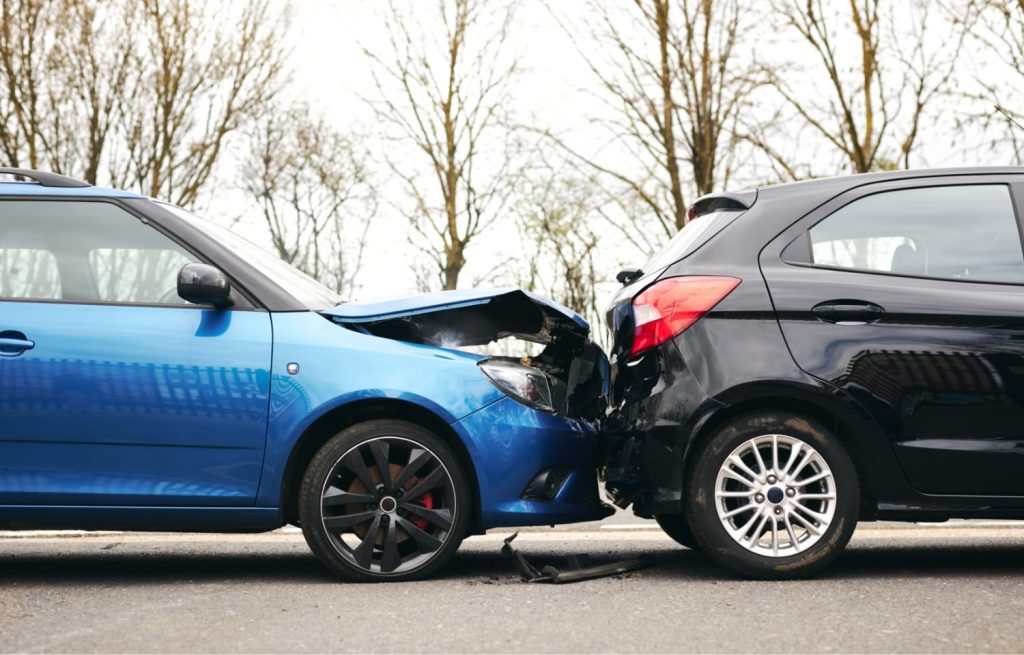Suffering a bodily injury from a car accident is a stressful experience. However, those injuries are even worse when the following court cases don’t go as planned. Unsatisfactory verdicts are common in personal injury cases. Generally, such judgments come from rushed court proceedings with inaccurate evidence and uninformed legal support. Unfortunately, something as small as missing details surrounding an accident might lead to an unjust ruling.
If you believe you are entitled to compensation for your injuries, you might be in luck. In Florida, your fate is not sealed even after a judge’s ruling. Instead, you can appeal a personal injury case if you believe the verdict was unfair.
What Is a Personal Injury Appeal?
Without experience in personal injury law, you might not even know what a personal injury appeal is, let alone when to file one.
Simply put, a personal injury appeal is a formal request made to an appellate court to reverse the ruling from your personal injury trial. The request isn’t a new injury trial itself but a method to have a separate court system review the circumstances of the previous case.
There will be no presentation of case evidence or expert witness testimony during the appeal. Instead, the official appeal is a look back at how the original trial progressed and a judgment on whether or not the judge based their decision on sound legal principles. If the appellate court believes the lower court system mishandled your trial in some capacity, they can reverse the decision.
Reasons to Appeal Your Personal Injury Case
The United States court system intends to give plaintiffs and defendants equal opportunity to present their cases, but it doesn’t always play out perfectly. That’s where the appellate court comes in.
For one reason or another, the court might prevent you from taking the necessary steps to share your side of the story. If that happened to you in one of the following ways, you could be eligible to appeal your personal injury case:
- The judge rejected testimony from your expert witness, believing they weren’t qualified to be an expert
- The judge rejected crucial evidence necessary to make your case
- Members of the court were biased against you
- The final verdict was unlawful, either through insufficient or falsified evidence or jury misconduct
These are not the only circumstances that lead to a verdict appeal. However, they are common reasons cases reach appellate courts and vital criteria needed for the court to appeal the decision of the original trial.
What Might Prevent Me from Appealing My Personal Injury Case?
Even with the appeal process in place, convincing the court to overturn a ruling is a tall order. In addition, there are a handful of circumstances that will prevent you from successfully appealing a decision.
Settlements
In personal injury cases, the victims and defendants can resolve their issues before the case reaches an official trial through a settlement.
Settlements are legally binding agreements between the two affected parties. Reaching a settlement means both parties have agreed that the case has concluded and trial is no longer necessary. In most personal injury settlements, the victim agrees to terms that they will not pursue further damages.
Because settlements are legal agreements, appellate courts will follow their terms and toss out your appeal if you already agreed to a deal with the defendant. Therefore, even if new information comes to light that leads you to believe you are entitled to additional compensation, you will not be able to pursue it with a settlement.
Insufficient Evidence
The appellate court’s job is to search for tangible reasons why they should appeal the decision made in your original trial. They want you to present legal missteps that occurred in the original case or other reasons that your ruling was unfair. If you cannot submit any information on why the initial trial was not legally sound, they will throw out your appeal.
Remember, you do not present new evidence or witness statements during an appeal. You simply explain to the appellate judges why you believe your initial trial was unjust.
What to Expect If the Court Grants Your Appeal
There are three ways personal injury cases can progress if the appellate court approves your appeal.
A straightforward outcome, both for the court and the victim, is the court reviewing the details of the case and awarding you further damages. Similarly, in instances where your initial trial ruled that you were to pay damages and the appellate court appeals that verdict, they might vacate the ruling.
The final standard outcome is that the appellate court will send your case back to trial in the lower court system, this time with an even and lawful playing field.
What Are Personal Injury Appeals Like in Florida?
In Ocala and throughout the state of Florida, you must appeal a personal injury case within 30 days of the initial verdict if you want to reach appellate court. Once you’ve made your official notice of appeal, you will return home to start building your case.
Personal injury appeals often go for months before they conclude, meaning you’ll have plenty of time to look for legal missteps in your initial trial. Then, once you’ve compiled a list of inaccuracies, you will file a brief and explain those trial errors to the court, where the other party will have a chance to respond.
After both sides speak on the matter, the appellate court will rule on whether or not they want to appeal the decision.
Contact a Personal Injury Attorney to Learn More
It’s challenging to appeal a personal injury case without years of legal experience. But an effective way to build a compelling appeal is with the help of a professional law firm.
If you or a loved one have any personal injury claim in Ocala, Florida, now is the right time to seek help. Contact Pam Olsen, Esq. today for free consultation at (352) 671-9777. Or if you prefer, you can complete this simple contact form and she will be in touch right away.
 CALL US NOW
CALL US NOW




